What Are the Benefits of Taking Prenatal Vitamins?
Right after getting the good news that you are about to become a mother, you suddenly realize that now you need to be healthier than ever. No impulsive snacking, no alcoholic consumption, and no more food according to you. Now, you are not just carrying one, but two lives within you. That is when you need to adopt a healthy lifestyle by consuming nutrient-rich foods that can benefit you the most. However, this is not just about the food you take, but also about the additional nutrient-rich benefits you need. For this, prenatal vitamin tablets are a strong recommendation.
Here are 10 prenatal vitamins benefits that will make you rethink your diet plan.
1. Supports Healthy Fetal Development
Women’s prenatal vitamins play an imperative role in building a healthy fetus from the very start of the pregnancy. These tablets hold a careful balance of folic acid, iron, calcium, and B vitamins that support the building of the vital organs of the fetus. Folic acid is especially crucial in the first few weeks, as it helps prevent serious neural tube defects like spina bifida and anencephaly. The acid is a building block for proper brain and spinal cord formation. Iron aids in the production of red blood cells, ensuring an adequate oxygen supply to both mother and baby throughout pregnancy.
2. Prevents Neural Tube Defects
One of the core advantages of prenatal vitamins is their role in preventing neural tube defects, which are responsible for brain and spinal cord defects. The key responsible nutrient is folic acid, a B-vitamin that supports early development of the neural tube, which later becomes the baby’s central nervous system. Taking folic acid before the first trimester reduces the chances of underdevelopment of the spinal cord and absence of major parts of the brain. The benefits of prenatal vitamins before pregnancy include the development of prominent body structures during the first 4–6 weeks of pregnancy.
3. Reduces the Risk of Anemia
A woman’s body produces 50% more blood to serve the fetus during pregnancy. This can cause a risk of iron deficiency, hampering hemoglobin production. Being the protein in red blood cells and carrying oxygen throughout the body, you cannot risk playing with it. Its inadequate supply can cause iron-deficiency anemia, a condition that can cause extreme fatigue, dizziness, shortness of breath, and even complications during childbirth such as preterm delivery or low birth weight. Prenatal vitamins tablets contain highly absorbable forms of iron that help maintain healthy iron levels, support energy, and ensure both mother and baby receive sufficient oxygen.
4. Supports the Baby’s Bone Development
Prenatal tablets’ benefits include building stronger bones and teeth through two essential components, namely calcium and vitamin D, in balanced amounts. The baby draws calcium from the mother to build its skeletal structure, especially during the second and third trimesters when the baby’s growth is at its peak. If the mother lacks calcium or does not consume a sufficient amount, then the baby will start extracting calcium from her bones. This can cause long-term risks to the mother, like osteoporosis and weakened bones. Vitamin D enhances calcium absorption and supports the baby’s muscle, nerve, and immune development, making both nutrients vital during pregnancy.
5. Promotes Brain Development
Another crucial component found in prenatal vitamin tablets is omega-3 fatty acids, particularly DHA (docosahexaenoic acid). This component is especially important for the eye and brain development of the baby. DHA is the building block for brain and retina development, which must progress smoothly and completely during the third trimester. You can either consume tablets with DHA or take separate DHA supplements. This will help support vision, cognitive function, and neurological development. Your adequate consumption of DHA will be a boon for your baby, who may inherit better learning abilities, improved attention span, and even better behavior due to enhanced brain development.
6. Boosts Maternal Energy and Immunity
Pregnancy creates a significant burden on the mother, causing both physical and emotional distress. Women often feel fatigued and run-down because of these changes. Prenatal vitamins help combat this by supplying essential nutrients like B-complex vitamins, particularly B6 and B12. These support energy metabolism and help reduce stress and tiredness. Women’s prenatal vitamins convert food into usable energy and encourage the development of red blood cells. Moreover, vitamin C and zinc also play a critical role in strengthening the immune system, helping the body fight off infections more quickly and effectively. Together, these nutrients help mothers feel more energized, resilient, and better equipped to handle the challenges of pregnancy.
7. Prevents Birth Defects Beyond the Neural Tube
Folic acid is well-known for preventing neural tube defects, but along with it, vitamin A and iodine are also important for overall fetal development. Vitamin A supports the formation of the heart, lungs, kidneys, eyes, and bones, while iodine is crucial for the baby’s thyroid function and brain development. Be sure to consume these in balanced amounts. Iodine deficiency can lead to developmental delays, goitre, or other complications. With balanced prenatal supplements, you can reduce the risk of congenital anomalies and be more assured of well-rounded fetal growth.
8. Improves Placental Health
The placenta is the lifeline that supplies oxygen and nutrients from the mother to the fetus. Nutrients like vitamin E, selenium, and vitamin C—present in prenatal vitamins—are powerful antioxidants that help reduce oxidative stress, a condition that can harm placental function. These nutrients promote healthy blood flow to the placenta and reduce the risk of complications like pre-eclampsia or intrauterine growth restriction (IUGR). A well-nourished placenta promotes healthy fetal growth through the proper supply of oxygen and nutrients. With prenatal vitamins, you can initiate a healthy pregnancy with a lower risk of poor placental development.
9. Enhances Skin, Hair, and Nail Health
While prenatal vitamin tablets primarily support pregnancy, they also offer aesthetic benefits like healthier skin, stronger nails, and shinier hair, making women feel happier and more confident. Nutrients like biotin, vitamin E, and B-complex vitamins support cell regeneration, collagen production, and circulation. These can help counteract the hormonal changes that sometimes lead to dry skin, brittle nails, or hair thinning during pregnancy. With this nourishing support system, many women experience a boost in self-confidence, helping them embrace bodily changes during pregnancy with a more positive outlook.
10. Fills Nutritional Gaps
Even with a consistently healthy diet plan, pregnant women may not be able to get all the necessary nutrients from food alone. Dietary restrictions, morning sickness, and changes in appetite can make this even more challenging. Prenatal vitamins help prevent this gap by providing essential vitamins and minerals like iron, calcium, folic acid, iodine, and omega-3s in concentrated form. This ensures healthy development of both mother and baby and reduces the risk of nutritional deficiencies that can affect fetal growth and maternal well-being.
Also Read – How Pre-Pregnancy Supplements Boost Your Fertility
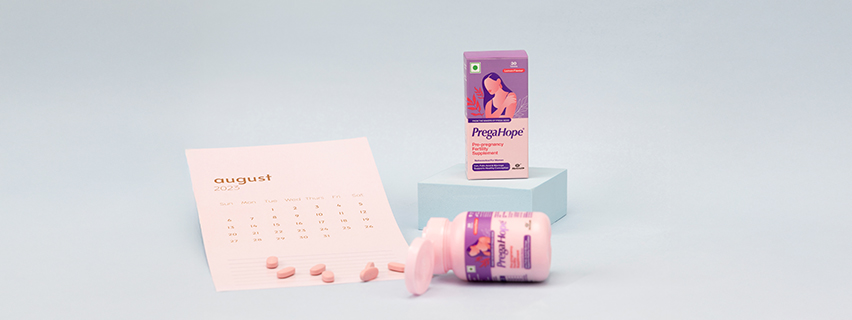
Prenatal tablet benefits are endless. They are here to provide all the nutritional comfort that food alone cannot offer. However, you must consult your doctor before committing to a specific dosage, as it varies with every body type. Also, don’t rely solely on these tablets; balance them with a healthy diet plan to ensure a safe and nourishing maternity journey.




























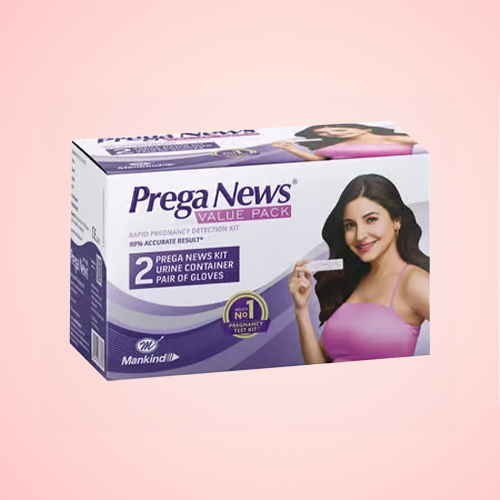


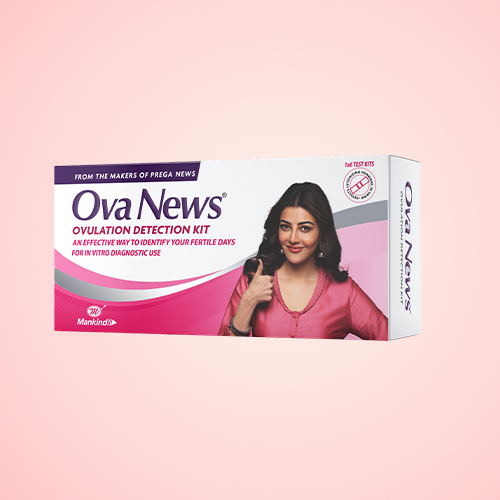


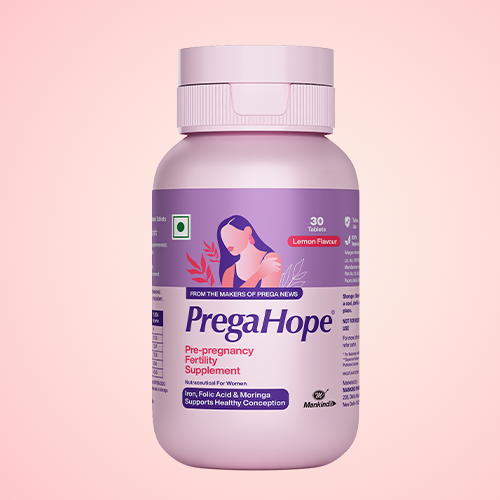
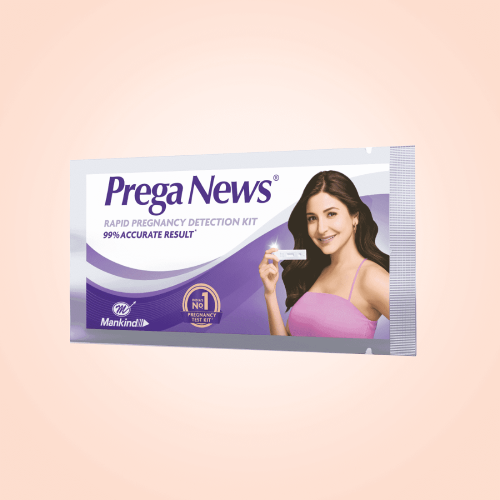

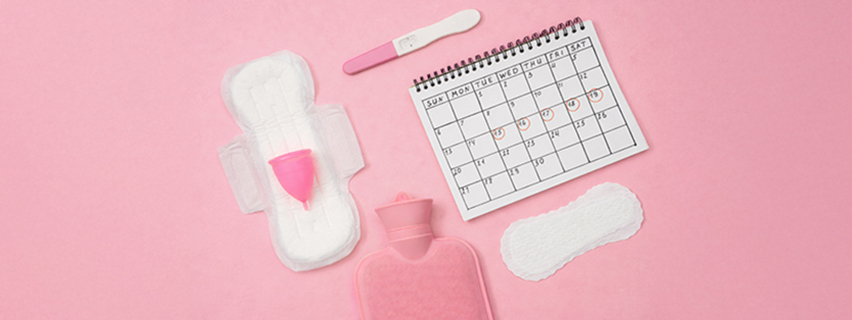







Leave a comment